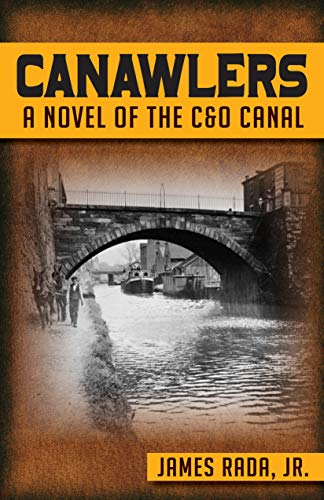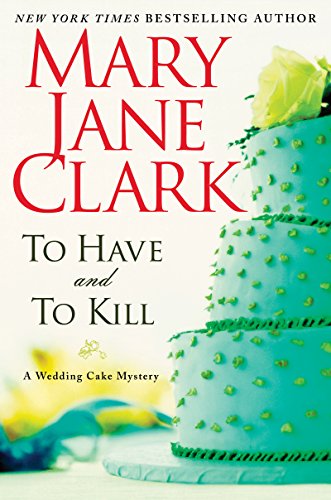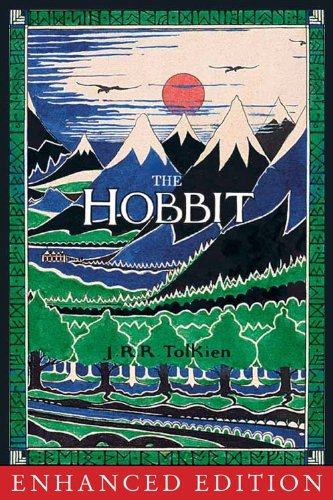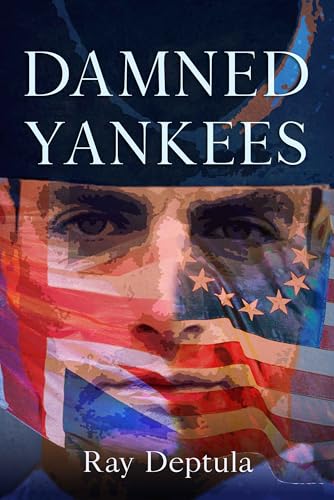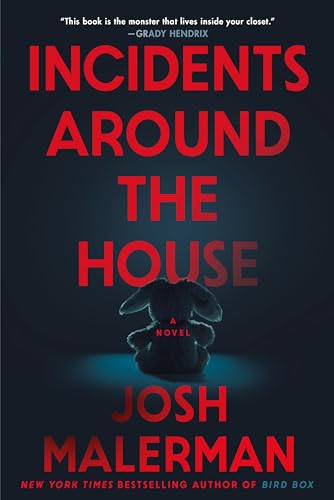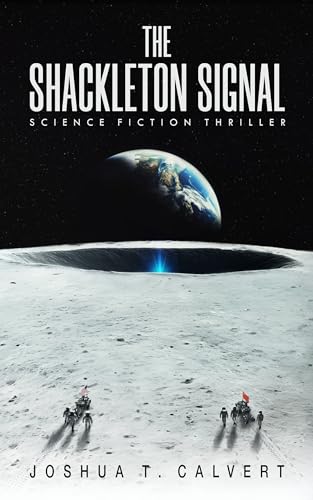 Captain Garrett Fitzwilliam’s life is defined by love of country and faith in the law … until a sassy young widow captures more than his imagination. Rachael’s faith might sustain him when war divides the North and the South, but his misguided sense of duty may cost him her love. For what exactly did he pay so high a price?
Captain Garrett Fitzwilliam’s life is defined by love of country and faith in the law … until a sassy young widow captures more than his imagination. Rachael’s faith might sustain him when war divides the North and the South, but his misguided sense of duty may cost him her love. For what exactly did he pay so high a price?
“This damn war has cost me everything I love…everything that mattered, and I don’t even know why I’m fighting anymore.”
In 1860, Captain Garrett Fitzwilliam is living in the center of American politics, viewing the divisive issues of the day through his nonpartisan lawyer eyes. His life is defined by love of country and faith in the rule of law…until Rachael Hayes Kendrick enters his world. This sassy young widow captures more than the cocky captain’s imagination. She proves to him that love is indeed an act of faith, and Rachael’s faith in Garrett is indomitable. Her faith will sustain him when war divides the North and the South; his misguided sense of duty may cost him her love. But for what exactly did he pay so high a price?
In the wake of war, everything Garrett believes in, the core of his existence, is collapsing. The Union army suffers repeated defeats not owing entirely to the brilliance of Robert E. Lee’s command of the Confederate army, and in Washington, a very different enemy has emerged. This insidious enemy poses a threat to the United States that Garrett never thought possible. But this enemy no officer may dare to challenge.
So how will Garrett Fitzwilliam defend his country when his country’s survival depends upon an army sabotaged by its own incompetence? Or was his country lost when the man who swore an oath to preserve, protect, and defend the Constitution imprisoned his political foes?
Would the answers matter so much to Garrett if Rachael loved him again?
Visit Amazon’s Elisabeth Nelson Page
After 10 years, I came to the realization that practicing law was not my passion. Serious soul searching led me to conclude that my love of the law was tied to my love of American History. It took a little more time to admit that my true passion was what it had been since I was a child–writing stories. Then it became a matter of finding the courage to act on my dreams.
The courage came when I reminded myself that my greatest is fear is regret–looking back and regretting that I didn’t do something for no reason other than fear. So I faced the lesser fear of putting myself out there, and published my first novel.
There are hundreds, if not thousands, of American Civil War novels. I haven’t read them all, but I have yet to read a novel that approaches the subject as I do in High Ground.
While writing the story, I made a conscious effort to view the period through the eyes of someone living at that time, characters who don’t have the advantage of hindsight. I point that out because it’s only in hindsight that we recognize the success of Lincoln’s presidency and his handling of the crisis that threatened the nation.
In High Ground, I attempt to provide a broader framework within which to view the War Between the States. From there, I tell the story of a man who dedicated his life to serving, protecting and defending his country, but sees the freedom and democracy guaranteed in the Constitution, everything he is fighting for, being sacrificed in Lincoln’s efforts to save the Union.
*Neither the Emancipation Proclamation nor the war ended slavery in America. The war did make it possible to adopt the Thirteenth and Fourteenth Amendments to the Bill of Rights, which ended slavery and provided citizenship to the former slaves.





